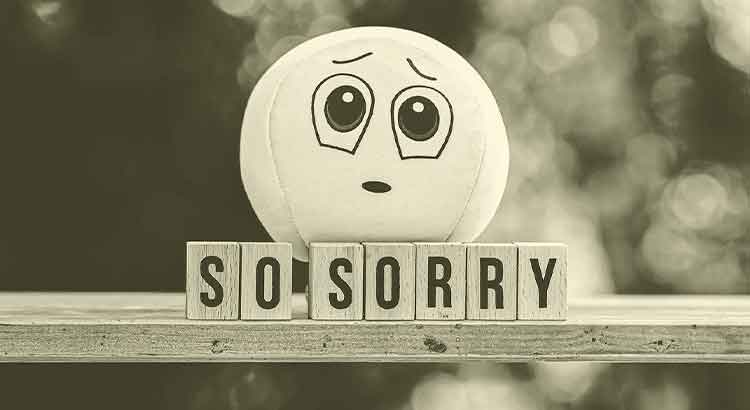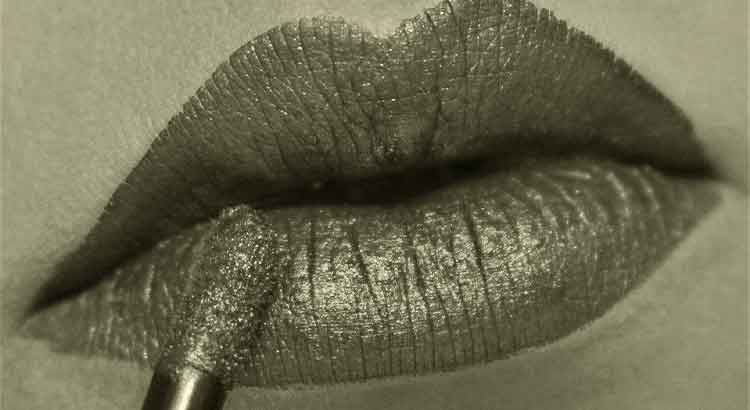I am barely starting these lines and I know I will be short of words… Don Quijote de la Mancha, classic of the classics, one of the greatest works of all universal literature, outstanding in all respects. From all that I have read, two works have aroused in me something that I am incapable of describing, a feeling without a name, the impression of any kind of magic operating, as if they had been written by something different from a human being; they are Commedia, by Dante, and Don Quijote de la Mancha. But why? Here is the fascinating… El ingenioso hidalgo has been the object of obsession of countless artists, has inspired many, many works, and I cannot imagine anyone who, knowing his history, remain untouched. Don Quijote de la Mancha awakens in the reader infinite compassion, a relationship of real affection for the duo Don Quijote and Sancho Panza. Let us try to understand the magic… Cervantes, at first, builds a union between opposite personalities: the caballero andante Don Quijote is, physically and psychologically, the opposite of his squire Sancho. The first inhabits the universe of dreams, submits reality to the imaginary, interprets existence almost in delirium. The second personifies pragmatism. The effect of this junction of contrasts is an immense and growing harmony during the work since Sancho develops in a way to gradually share the judgments of his master. Thus, Cervantes builds a relationship of friendship that perhaps has no match in universal literature. Sancho’s fidelity is moving: when he speaks, there is always a veiled attempt of conciliation and, above all, humility. Don Quijote, on the other hand, cannot stop showing us the tenderness behind his belligerent profile. The narrative advances revealing an intense conflict between reality and imagination and el caballero, an incurable megalomaniac, who from the beginning shows himself incapable of perceiving his own mediocrity, gradually succumbs to his imagination, losing consciousness. Reality imposes itself and evidences the absurdity of everything Don Quijote dreamed of. But it leaves open the question: did Don Quijote really not live his dreams? Is it really the practical reality the queen of existence? And, faced with a flawed character, essentially fragile, whose actions always lead to ridicule, but who still believes, we cannot but associate him moved by something that escapes to our understanding. Don Quijote de la Mancha is a work that gives life to the magical and evokes the divine. And the reader does not close the book being the same person: the sweetness that permeates the narrative impregnates and softens any character. Existence, then, slows down, and we learn—even if we cannot explain it—that life is more beautiful when not taken so seriously.
____________
Read more:



